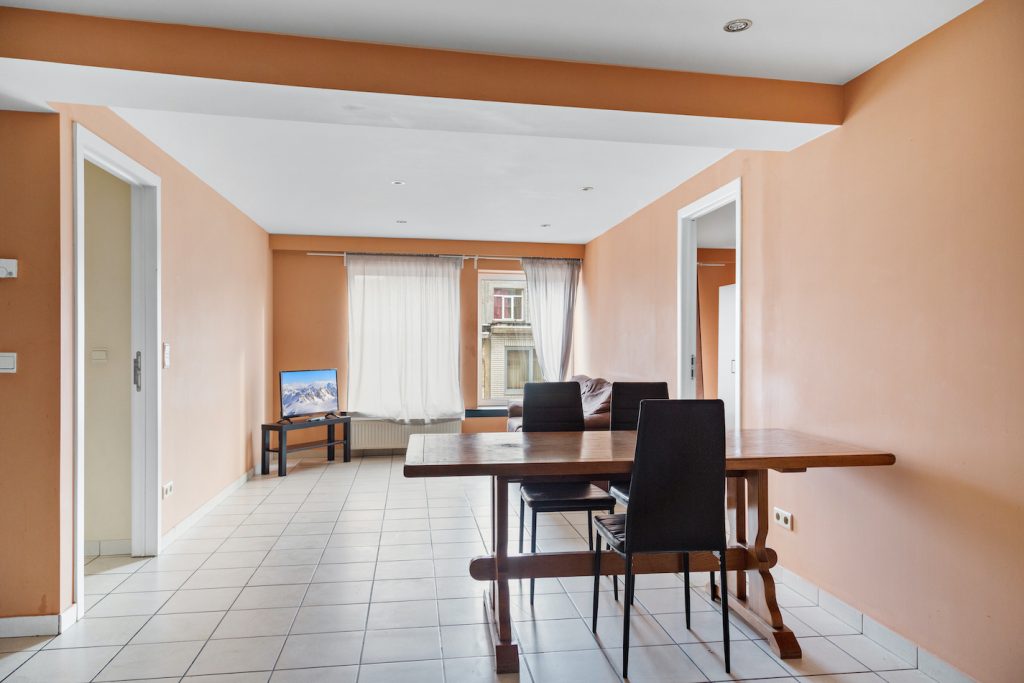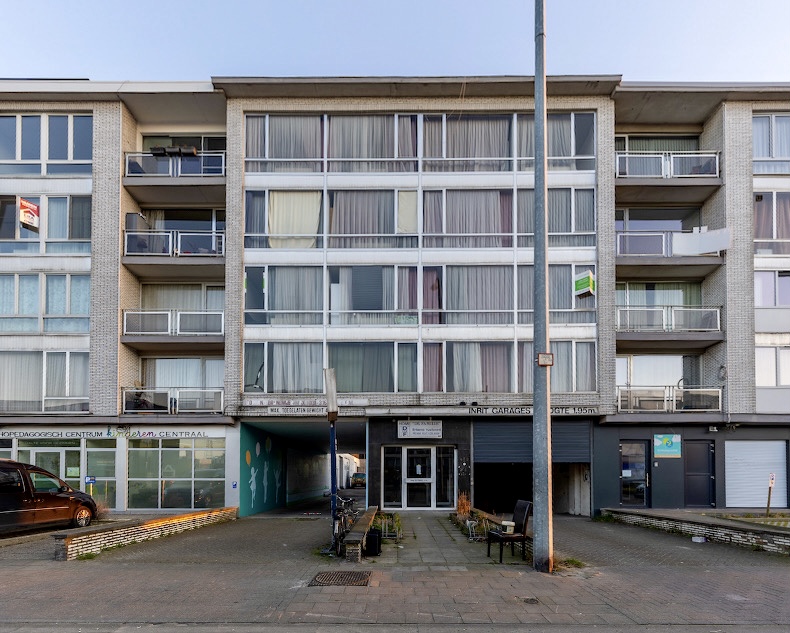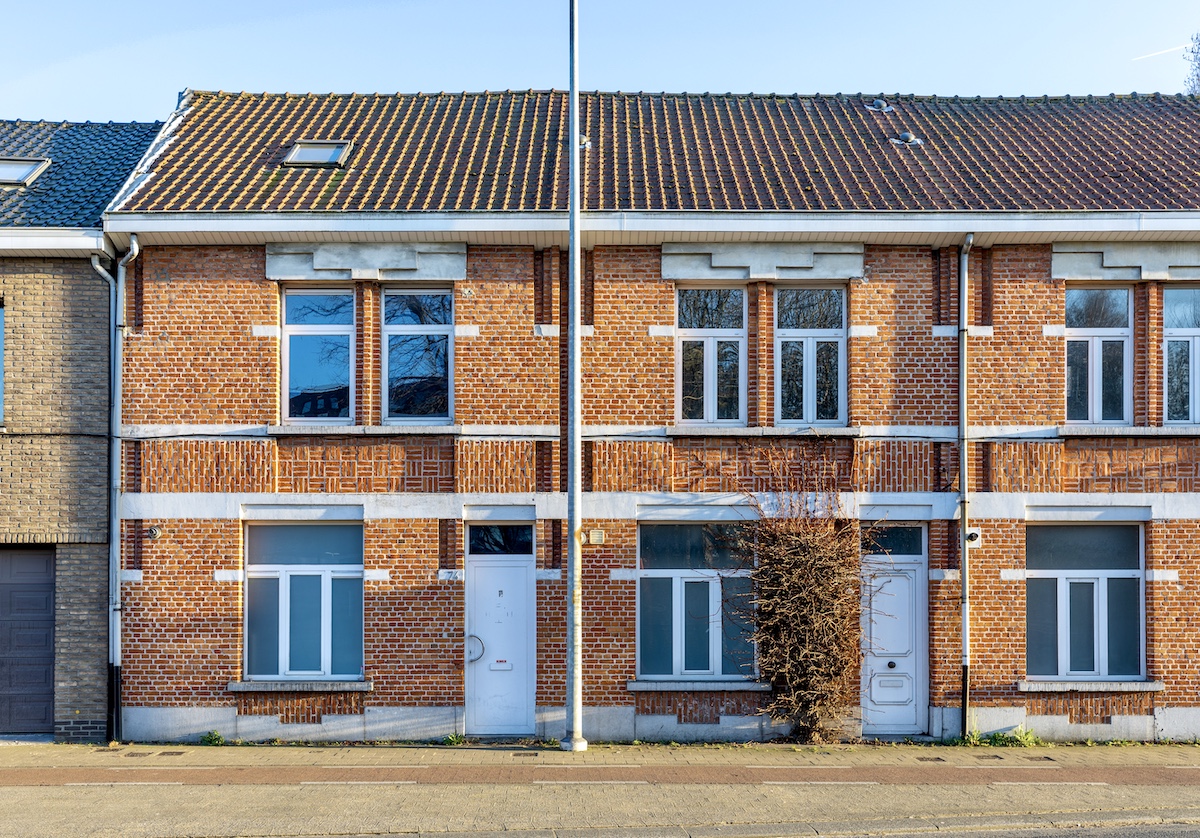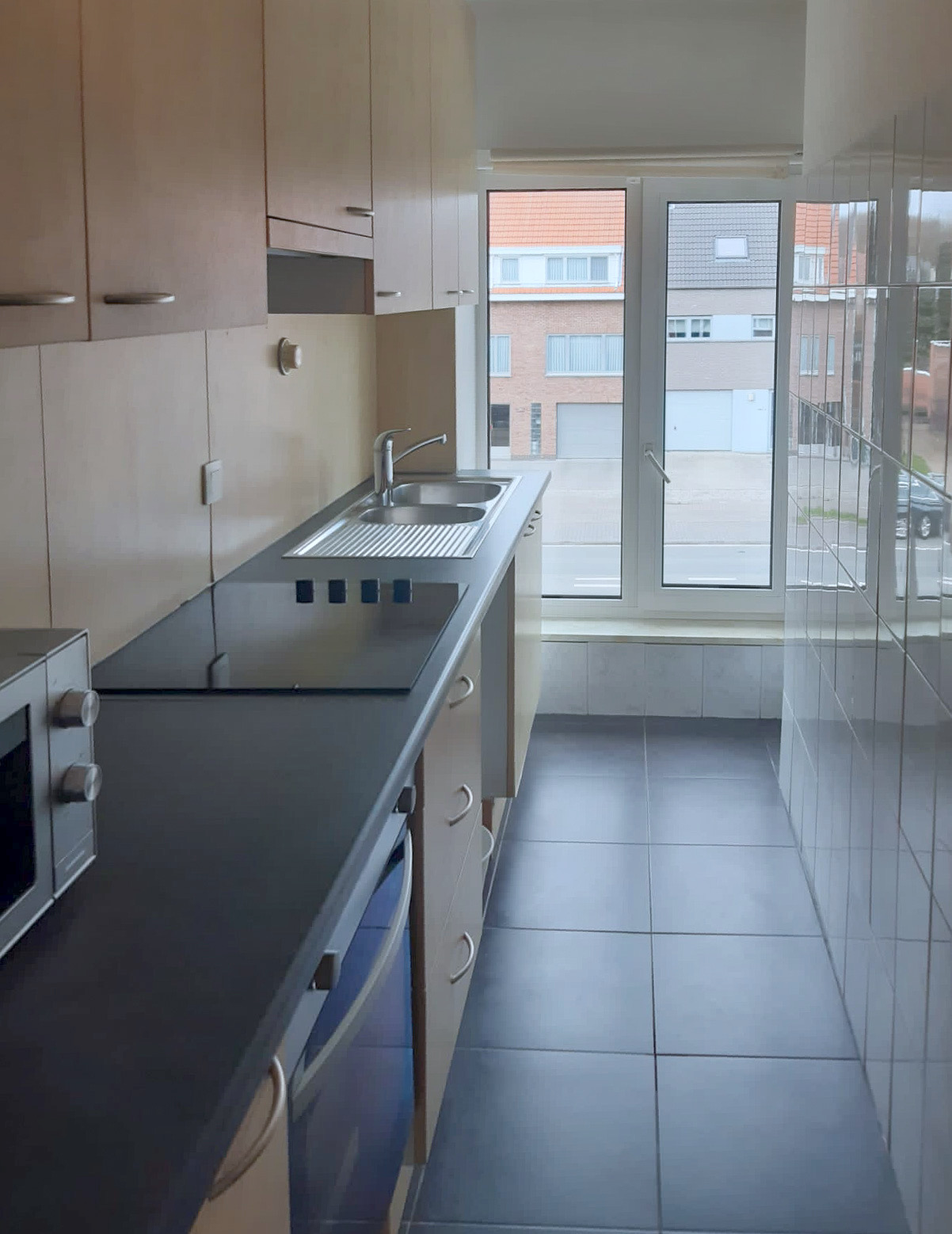Are You Looking For A Rental In Belgium? Keep In Mind These 4 Rules!
To find a nice accommodation is not easy, specially in big cities. Your success depends on your conditions and financial capability. Below I present the 4 rules, that are good to know, while looking for a new place to live.
1. How to find a property to rent?
There are many possibilities to find a property to rent, e.g.:
- ask family members, friends and colleagues to look out for fitting accommodation;
- look at ads in newspapers and magazines;
- look at ads in shop windows and on notice boards in shopping centres, supermarkets, universities and company offices;
- look at newsletters published by expatriate organisations;
- have a walk through neighbourhoods you are interested in and look for for rent signs on houses;
- be in touch with letting agencies.
In Belgium there are two types of agencies that deal with renting accommodations:
a) a rental agency, which charges you a fee to find a place to live. An agent prepares for you a list of addresses and phone numbers so that you can set up appointments to take a look at units. When you find your place, you deal with everything on your own. The rental agency fee can enable you to a fixed number of entities or to unlimited entities over a fixed period of time.
b) An estate agency, which charges a property owner after finding for him a tenant. An agent contacts an owner and sets up an appointment for you to see an unit and many will even drive you to a place. You can expect an estate agent to help you by finalizing a contract.

2. What are the common standards of let accommodation?
Generally speaking apartments and houses are rented unfurnished. Even though there are different options for a kitchen.
- By a not equipped kitchen you will have to provide everything by yourself.
- A semi-equipped kitchen has a sink and some cupboards.
- We talk about an equipped kitchen, when basic appliances are there.
- A super-equipped kitchen means that besides the basics, there is also a dishwasher, microwave and other comfort appliances.
Properties, which are furnished are rare and not easy to find except for short-term stays. In this case short term is under a year.

3. Negotiation & finalising a contract
A day will come, when you find an apartment (or house) the best for you. The next step is to negotiate and finalise a rental contract. Remember to read carefully the document before you sign it! If you have any questions, do not be afraid to ask!
The contract should contain the following information:
- identification of the property you rent (the exact address);
- notification of additional rooms included in the basic rental (e.g. a laundry room, garage, parking place, basement);
- in case of a semi-furnished or partially equipped unit, this info shall be marked together with a note of what exactly is included;
- the amount of monthly rent, the date it has to be paid and perhaps a method of payment, as well as penalties for late payment;
- details of annual rent increases, and the procedure for increasing the rent;
- the amount and conditions of the damage deposit;
- notice of periods and penalties for breaking the contract.

4. Moving in
Majority of blocks of flats have house rules. You ought to get a copy of the house rules on moving into an apartment or even better when you sign a contract. It is good to read them before you agree to rent, because they can affect your use of common facilities.
Ordinary house rules contain:
- orders of using of corridors (e.g. for storing bicycles);
- notice about noise (specifically at night);
- orders of using elevators;
- notice about parking by inhabitants and guests;
- orders of using balconies;
- a rotation of cleaning duties for common areas, where there is no hired cleaning company, responsibility for locking communal entrances at night, etc.
What you have to remember when moving into a new home is to do an inventory and condition report. Such a report contains:
- the state of the appliances and equipments (if there are any);
- the cleanliness and condition of the decoration;
- items, which are missing or are in need of repair.
The document is signed by the tenant and the landlord. Most rental contracts demand the tenant to give the unit back in move-in condition. That is why the inventory and condition report is lodged at the very beginning. Damages that are not enclosed in the report will be charged to you when you move out.
If you are looking for an accommodation in Antwerp metropolis, I can help you to find your PERFECT FLAT!
Click here and choose your dreamed-of new rental.













